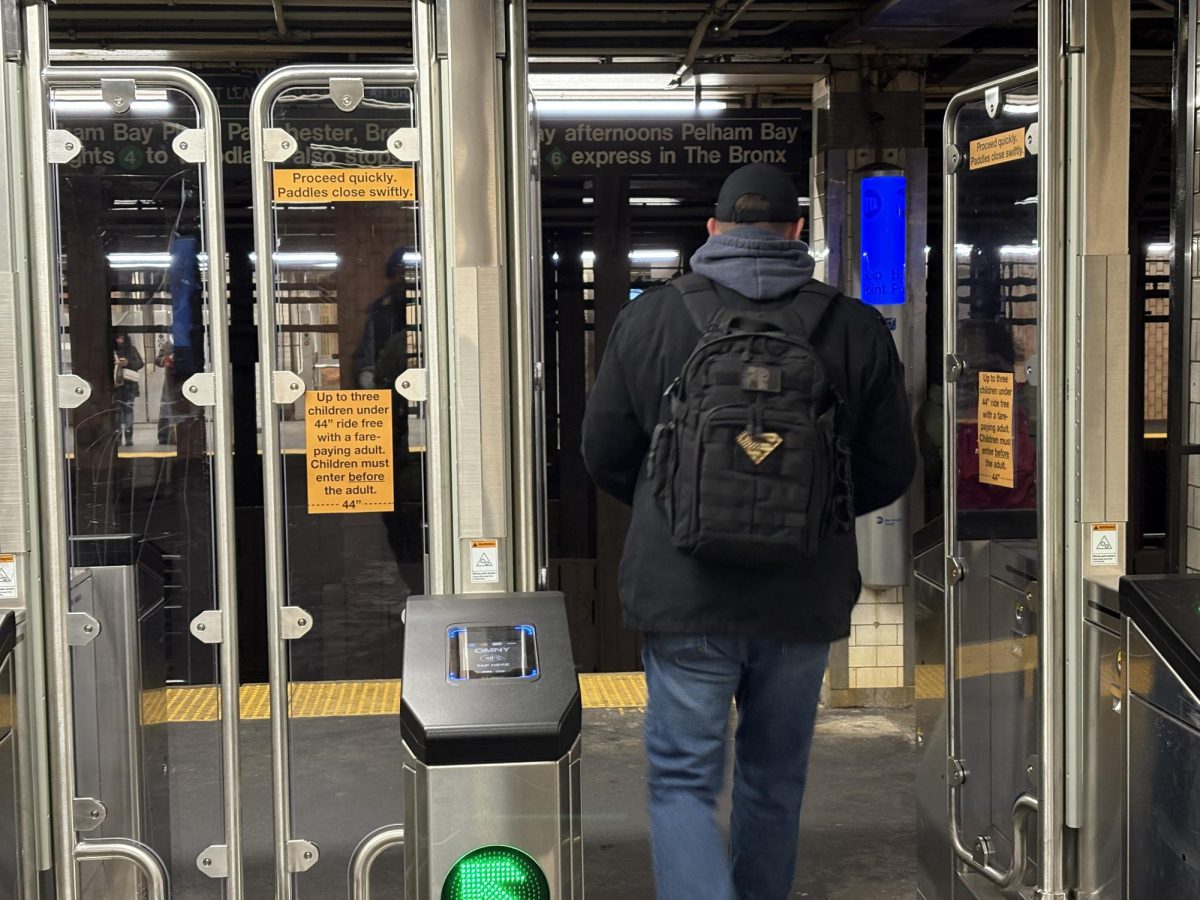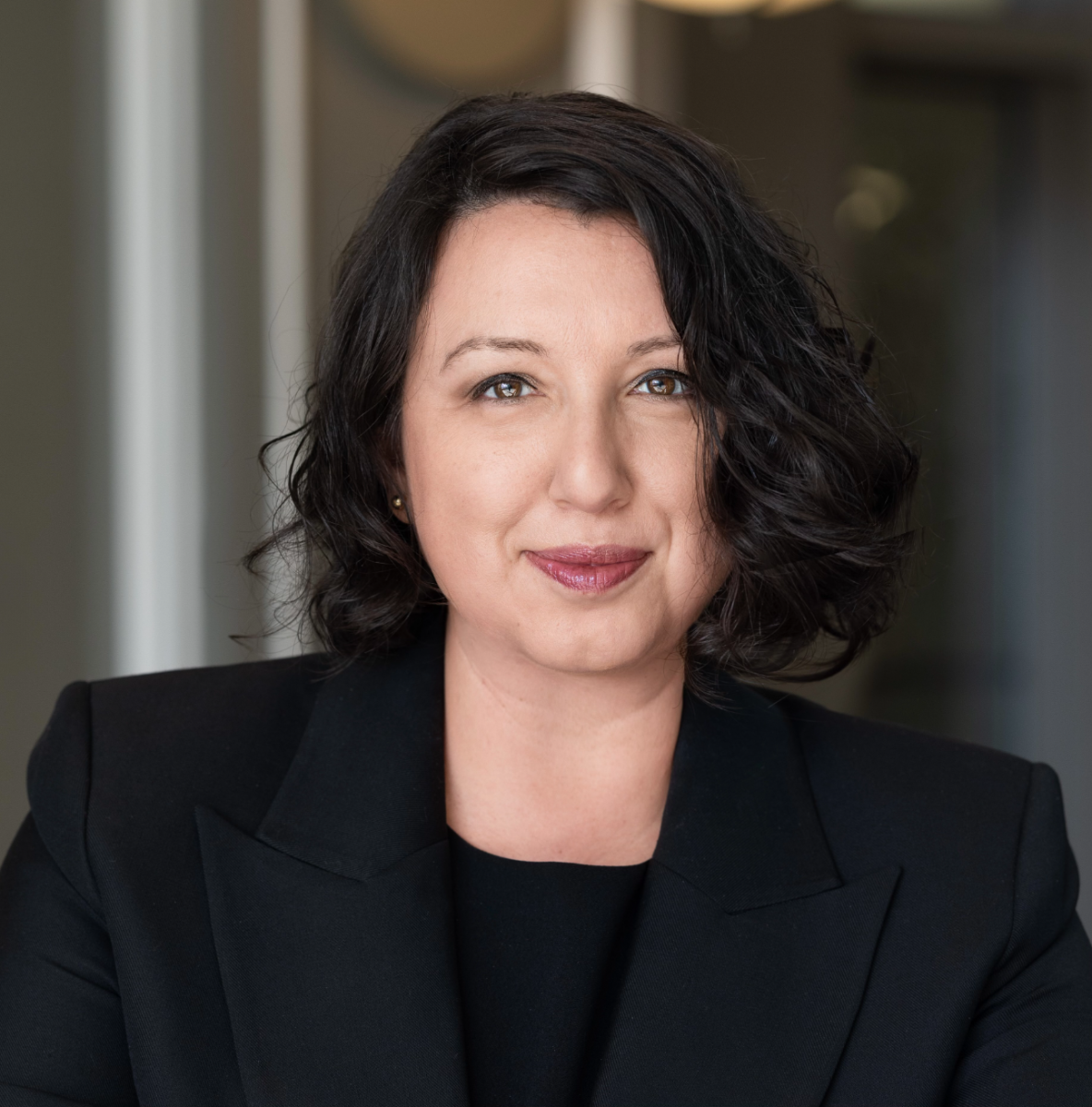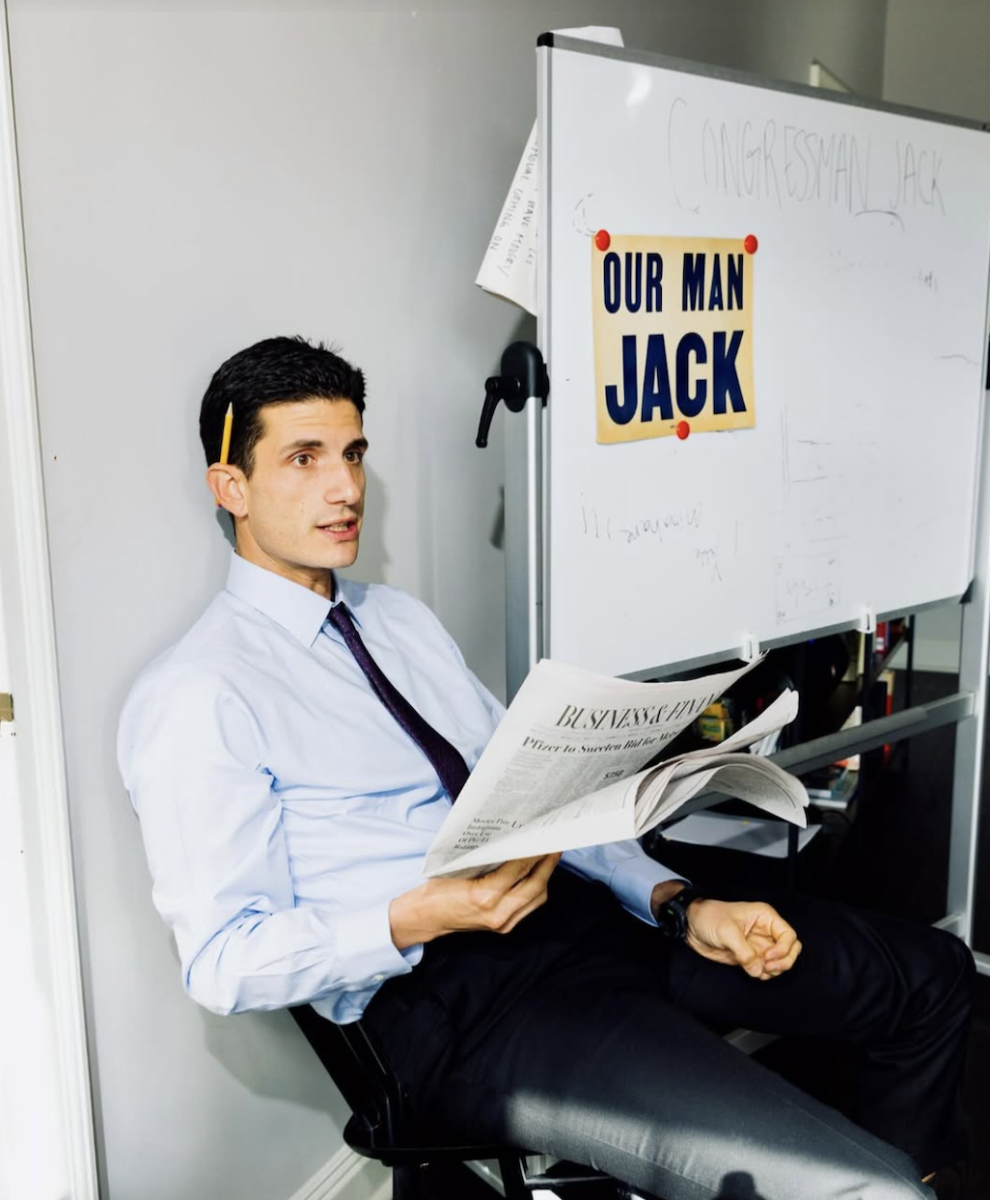Baruch College’s Women in Business organization held an open discussion titled “Feminism — It’s About Equality,” on March 20 in celebration of Women’sHistory Month.
WIB invited a professor and Baruch club leaders to discuss feminism and ask the Baruch community: “Are we feminists?” The panel included Debbie Li, president of the She’s The First club; Sabrena Sabet, who is a part of both Women in Islam and The FemCode; Veronica Anner from JPMorgan Chase and Barbara Katz Rothman, a sociology professor at Baruch.
In the women’s presentation, a feminist was defined as “a person who believes in the social, political, and economic equality of the sexes.” Feminists fight for equal pay and treatment, as well as against sexual harassment, sexual comments, catcalling, patriarchy and ongoing sexism.
Some of the misconceptions that were discussed during the panel were that some think feminism is about hating men, that it is only a woman’s concern and thinking that women are better than men.
The workshop touched on the history of feminism, starting with Charles Fourier, who invented the term “feminism.” The panel also discussed the three waves of feminism, the 1848 convention in Seneca Falls, New York, that launched the women’s rights movement, unequal pay between men and women, maternity leave, lack of diversity in workplaces and the recent #MeToo movement.
The audience was split into two groups for further discussion about their personal experiences regarding inequality. The goal of the activity was to discuss issues and support one another with possible solutions to these problems.
Some of the topics that were discussed included being underestimated due to gender, power positions in a male dominant industry, dynamics of a male boss versus a female boss and sexual harassment in workplaces.
One woman at the event spoke about how sexual harassment is common in her role in the food industry and encouraged other women to speak up when a situation makes them feel uncomfortable.
Another woman shared her experiences being harassed on the Long Island Rail Road and gave advice on how to deal with such situations.
Li called intersectional feminism “a modern movement of feminism,” emphasizing the importance of inclusiveness and diversity.
“You can’t mention feminism without intersectionality because now intersectional feminism is very inclusive and diverse and it definitely implements the stories of women of color, of different economic backgrounds, and of different backgrounds in general,” Li said. “I think it’s really important to incorporate the stories of those people because they are the most marginalized groups of women.”
Li also explained that transgender women should be included when talking about feminism.
“[The] simplest definition is equality among sexes,” Li said. “Inclusive of transgender women too.”
Sabet spoke about finding potential through empowerment. “Feminism is not just about females; if you are aspiring to inspire someone, you are looking forward to unlocking someone else’s potential,” she said. “Don’t be afraid to chase your dreams.”







